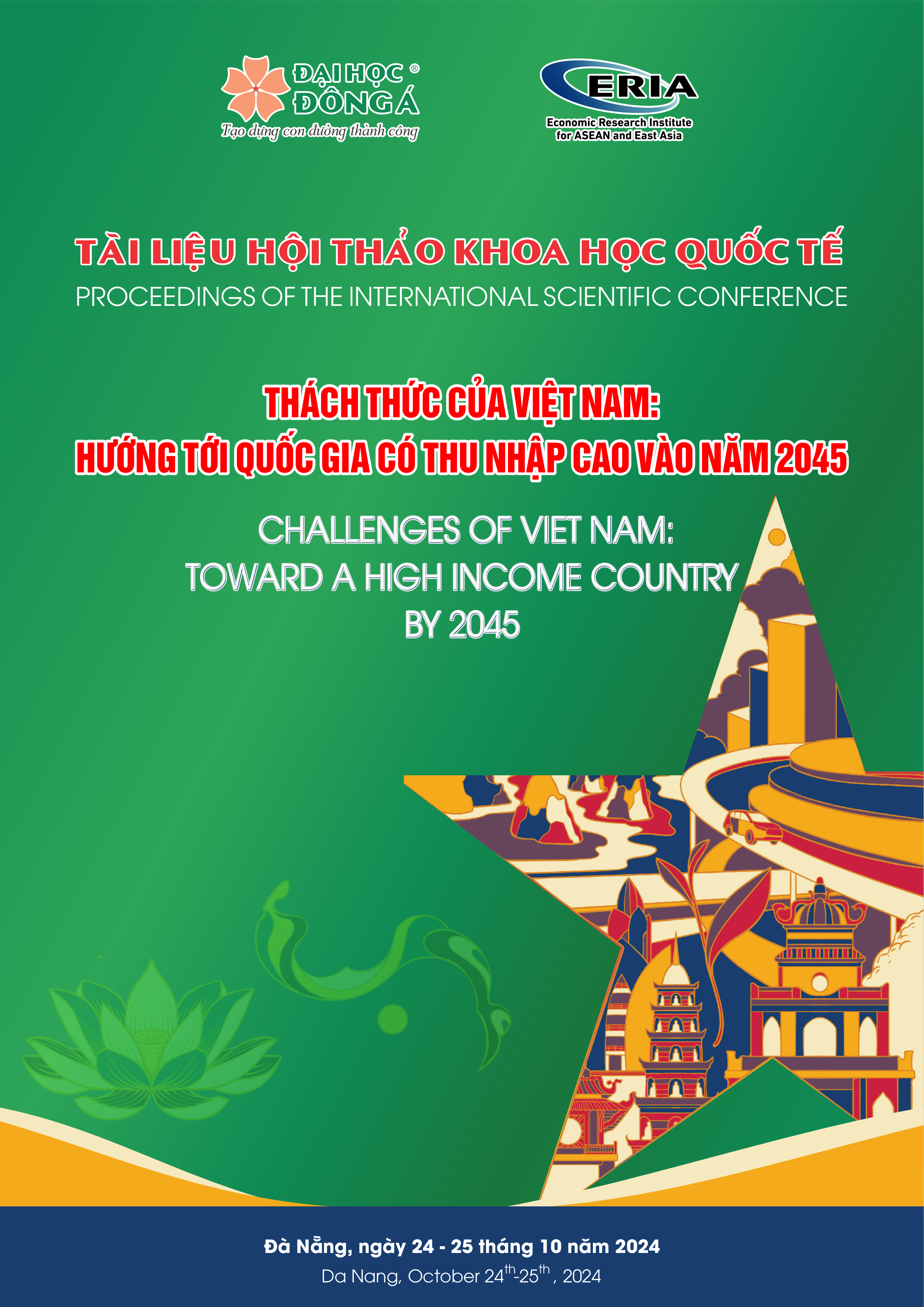Rising Uncertainty and FDI Adjustment - Implication for Vietnam
Main Article Content
Abstract
The contribution of FDI to economic growth is well-documented. FDI expands markets for final products, generates better-paid jobs, and promotes technology transfer and knowledge spillover, which, in turn, encourages innovation and enhances productivity. For over three decades, from 1990 to 2015, global FDI flows have surged by over tenfold, from 204 billion USD to over 2 trillion USD. However, there has been a declining trend in aggregate FDI since then. Between 2015 and 2023, global FDI experienced two downturns in 2018 at approximately 1.3 trillion USD and again in 2020 at 984 billion USD. During the same period, the world has also experienced substantial changes in the political landscape. Various shocks such as the US-China trade tension, Brexit, the coronavirus pandemic, and the conflict in Ukraine have contributed to rising uncertainties, which have prompted policy responses towards increased protectionism, regional realignments, and the restructuring of the global value chain. Some research on uncertainty and trade and FDI has found evidence of positive trade diversion to third countries in response to heightened economic confrontation. Additionally, there has been much discussion regarding the relocation of FDI, with MNEs either returning to their home countries or shifting their production facilities to other countries.
Vietnam is often considered to benefit from the emerging trend due to its favorable geographical location, relatively inexpensive and abundant low-skilled workers, and improving business environment. However, some studies have shown that there can be negative impacts for third countries when considering value-chain linkages, as the negative effects of an external shock can be transmitted along the value chain. Dealing with the pros and cons requires a pragmatic approach to mitigate the negative impact while effectively taking advantage of the new wave.
In this context, the objectives of this study are threefold. First, we document the shifts in global foreign direct investment (FDI) patterns from 2015 to 2023 using a database that includes FDI projects at the firm-project level worldwide, with a focus on FDI to Vietnam and its key trading partners. Second, we examine the causality between rising uncertainty and FDI. Finally, we discuss the implications of these changing dynamics for Vietnam's economic integration.


